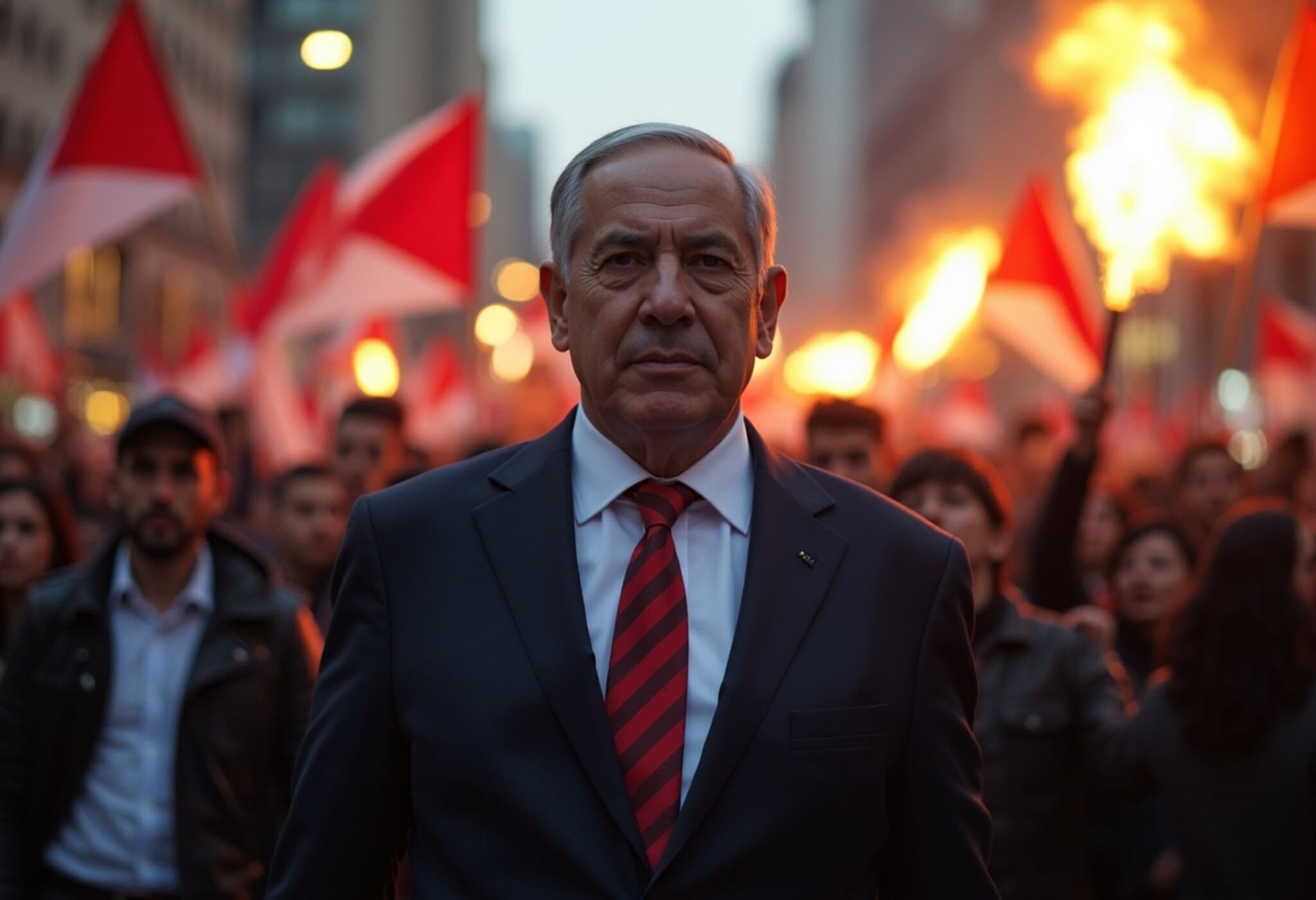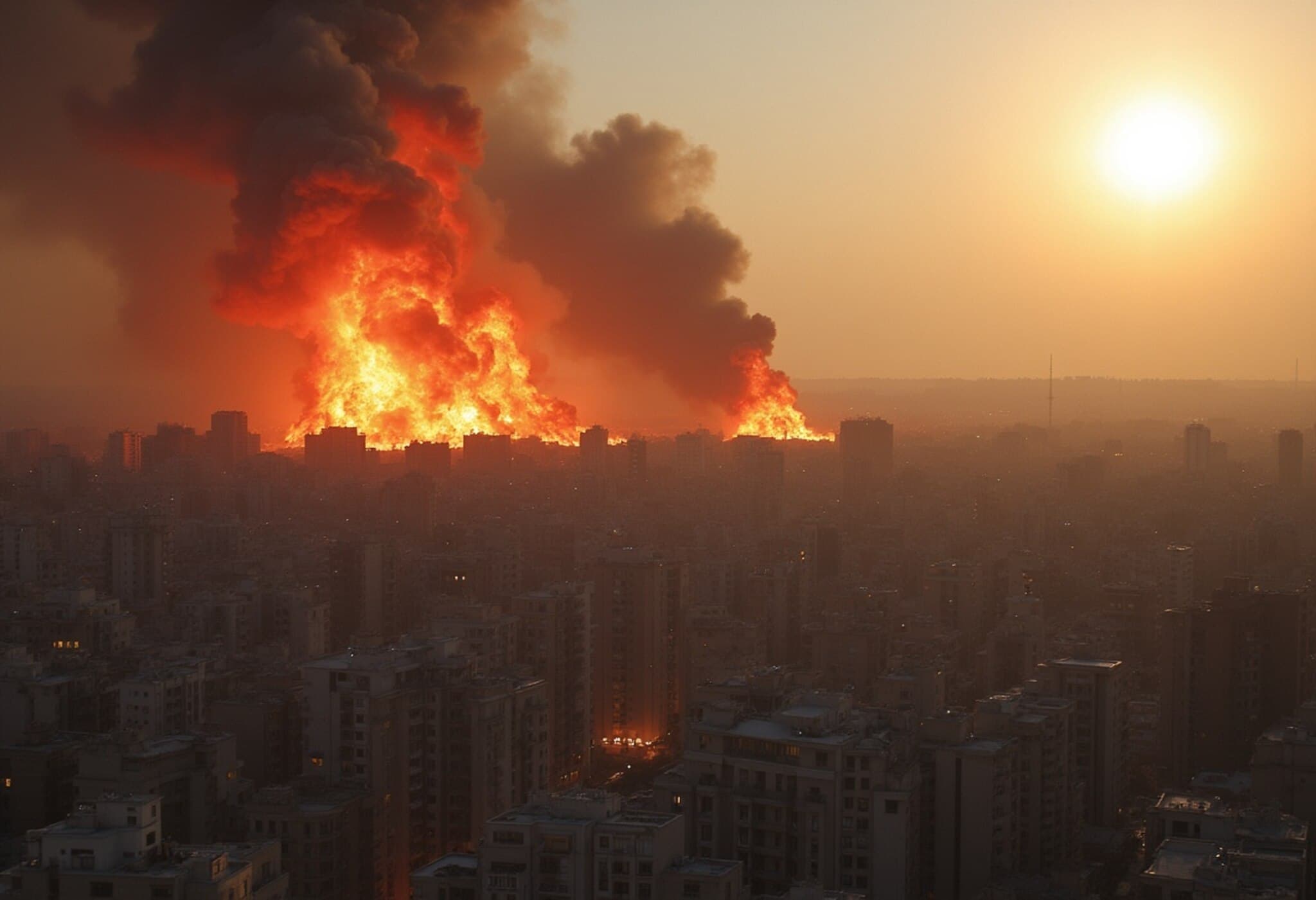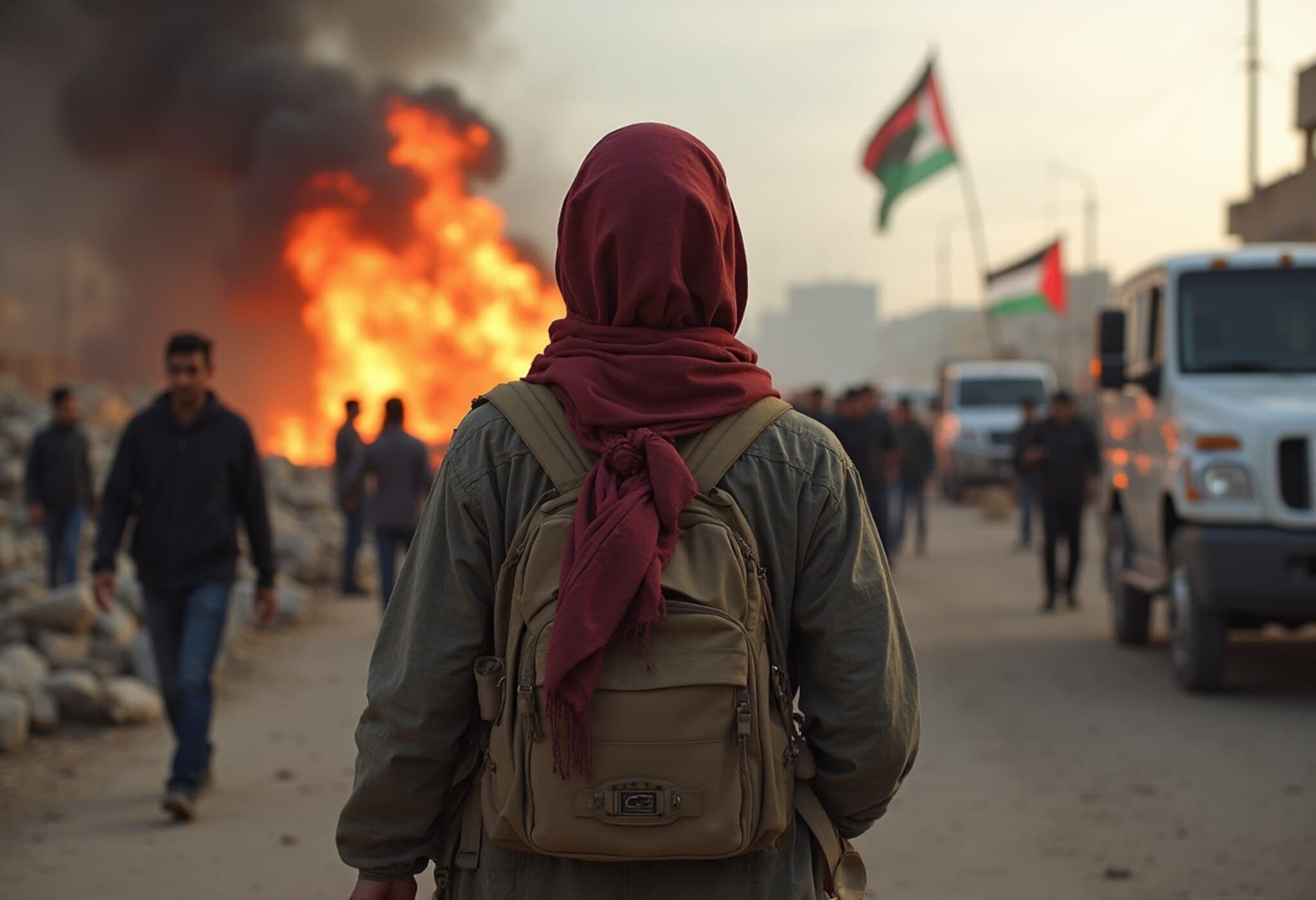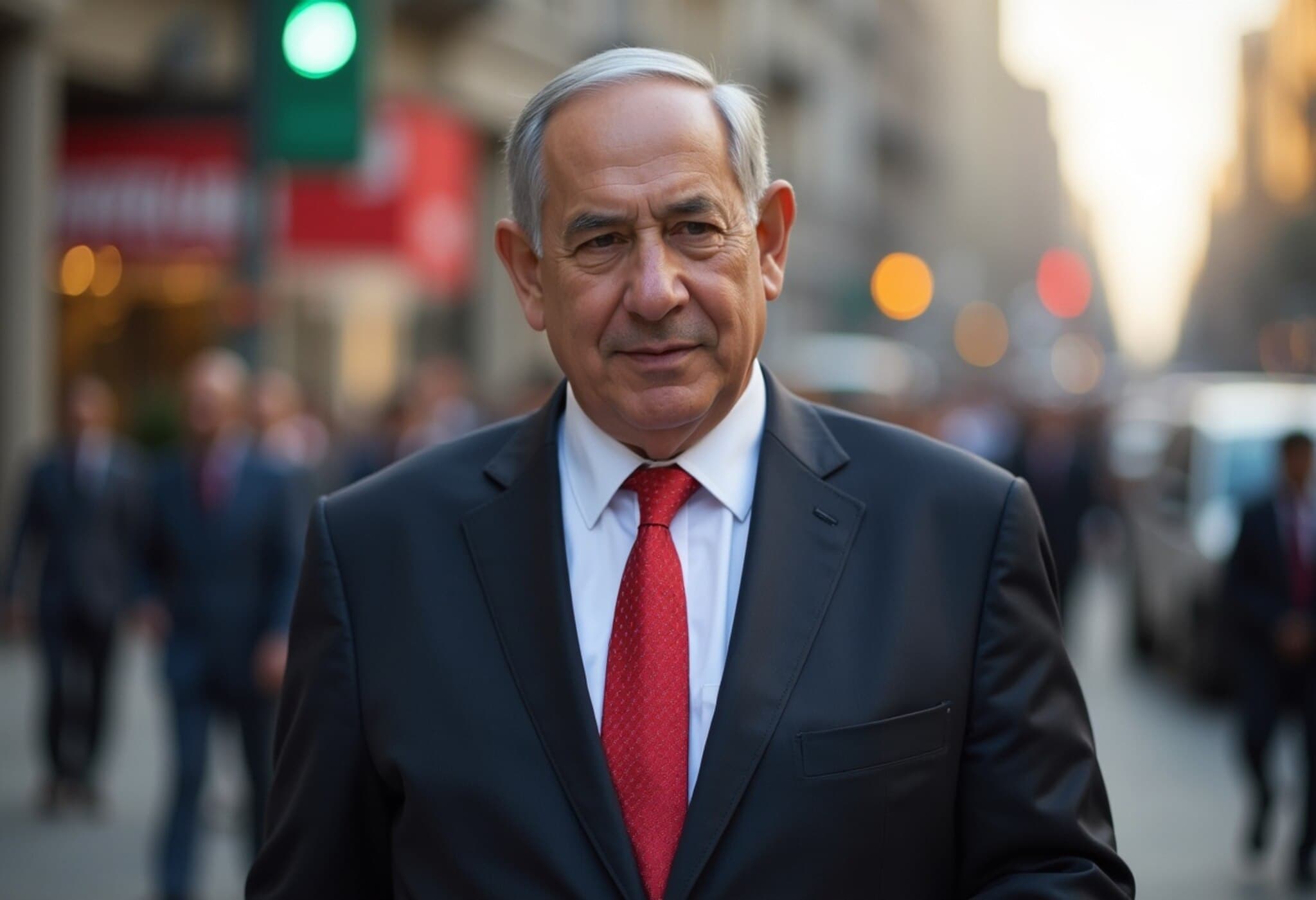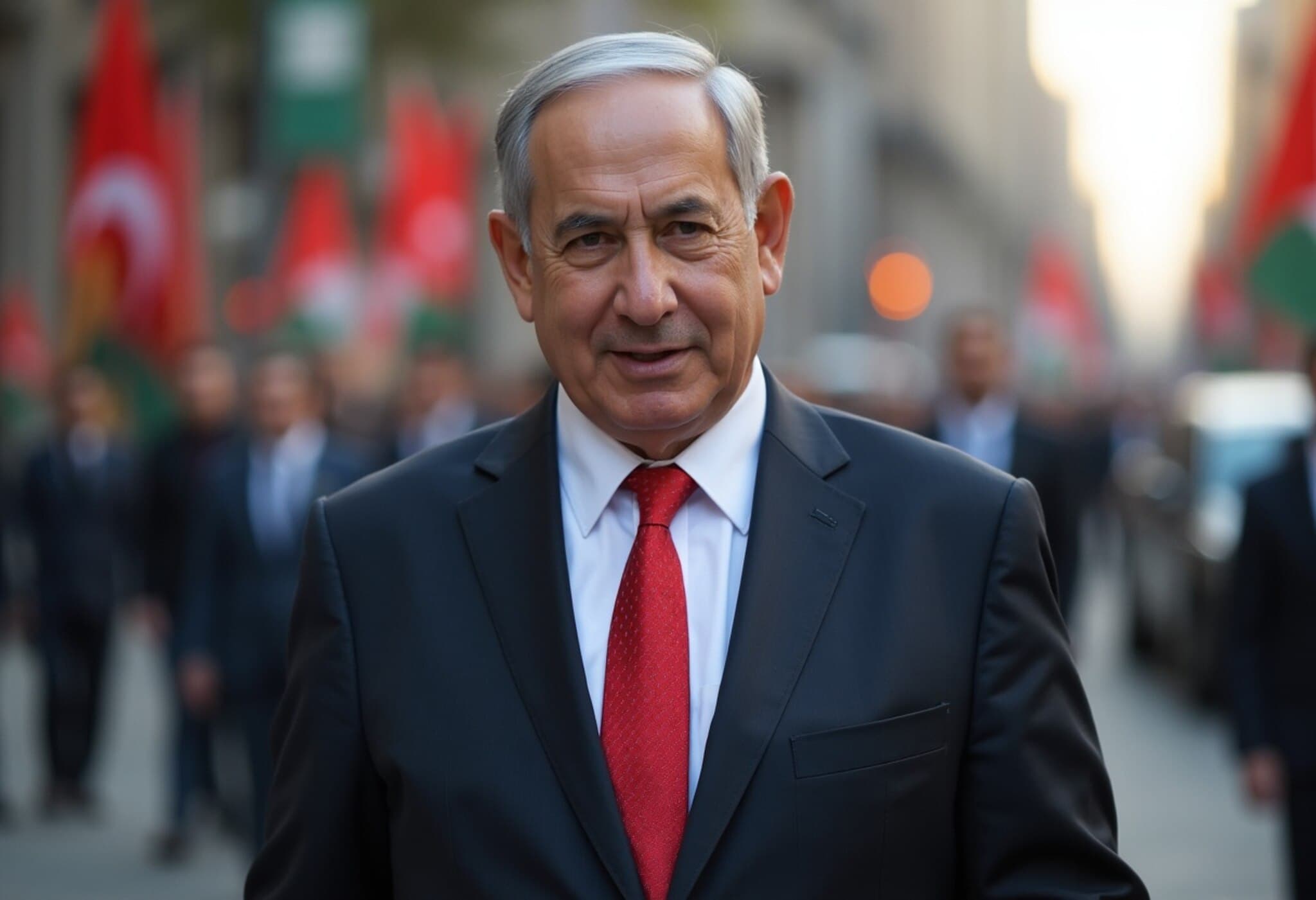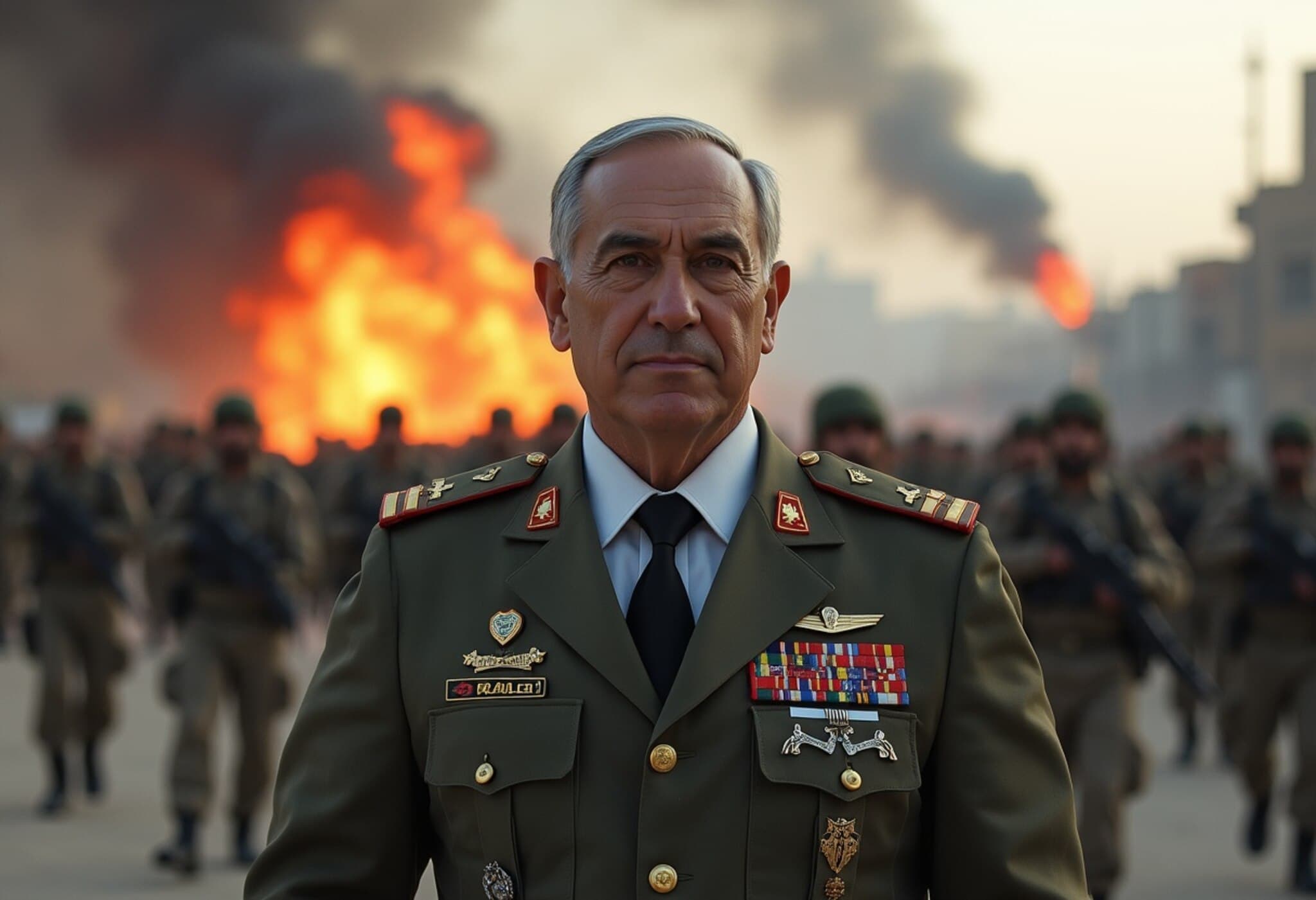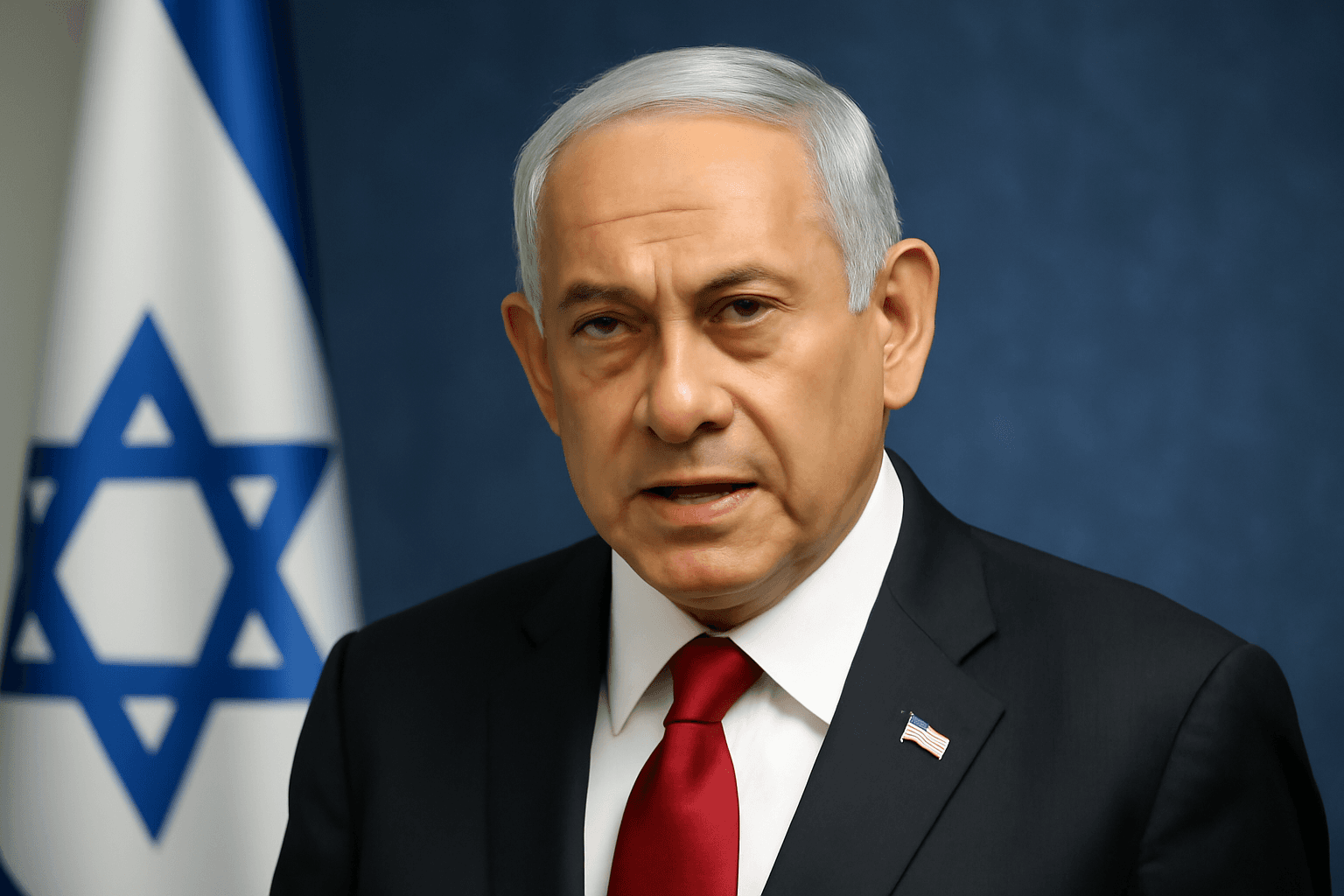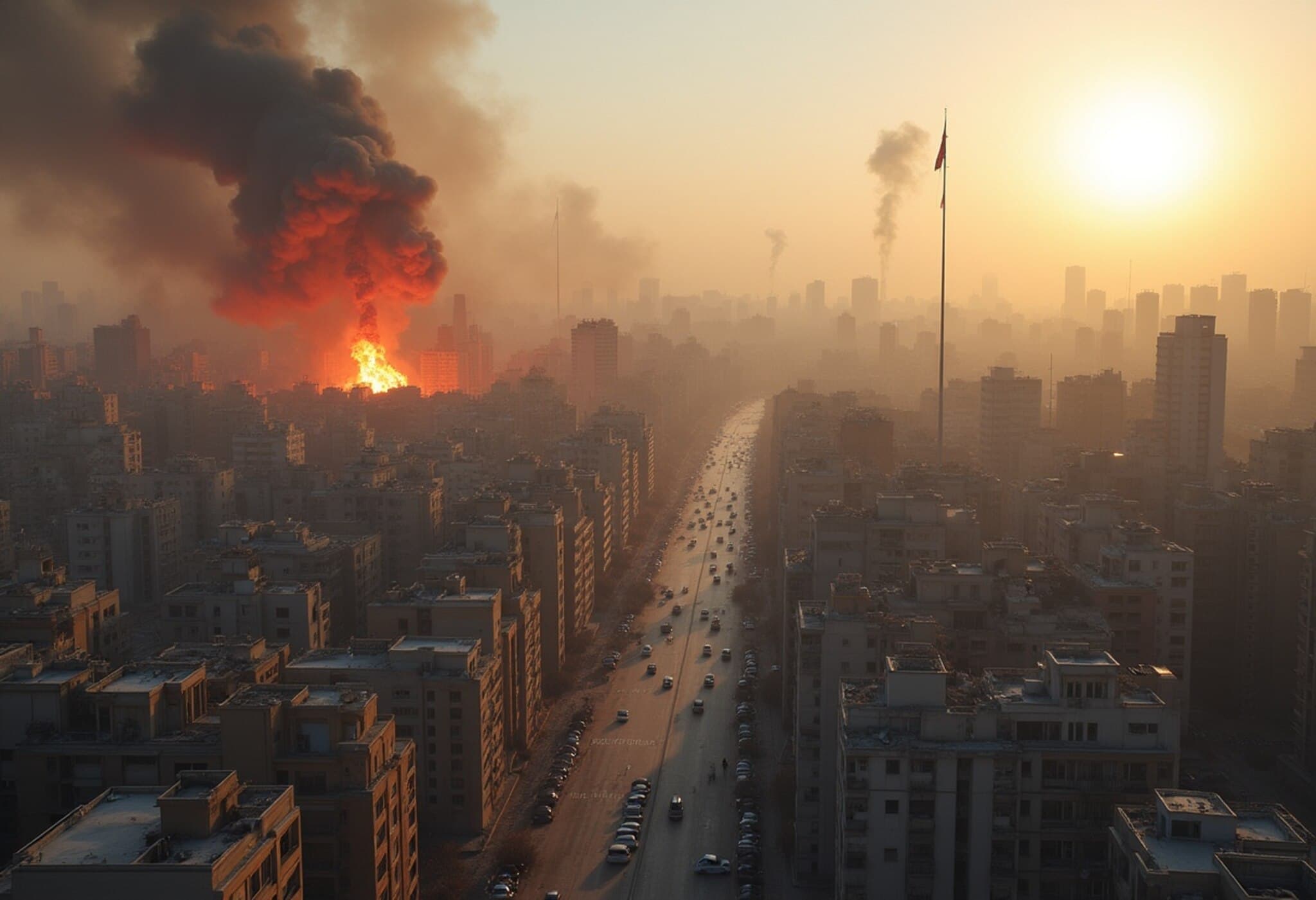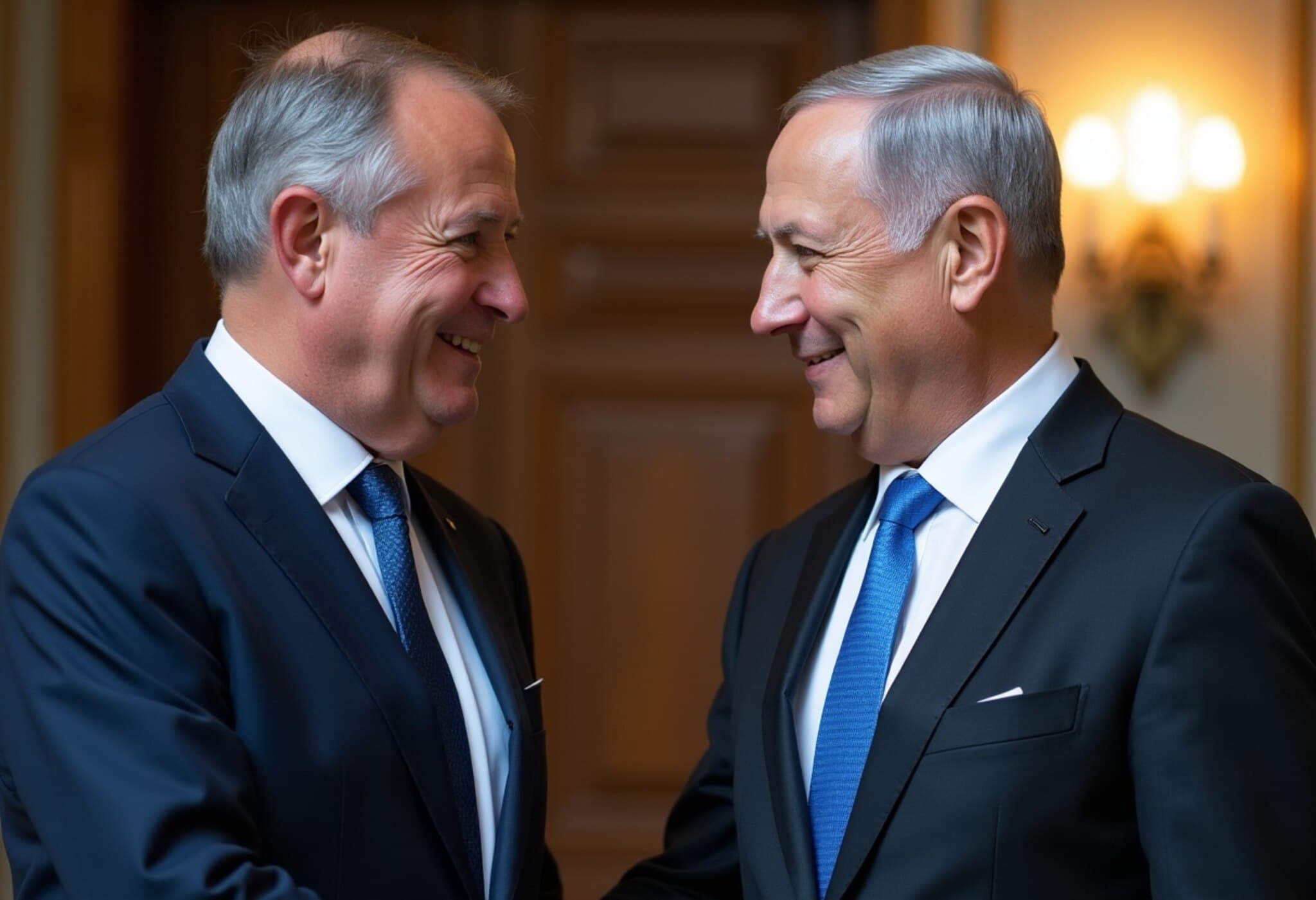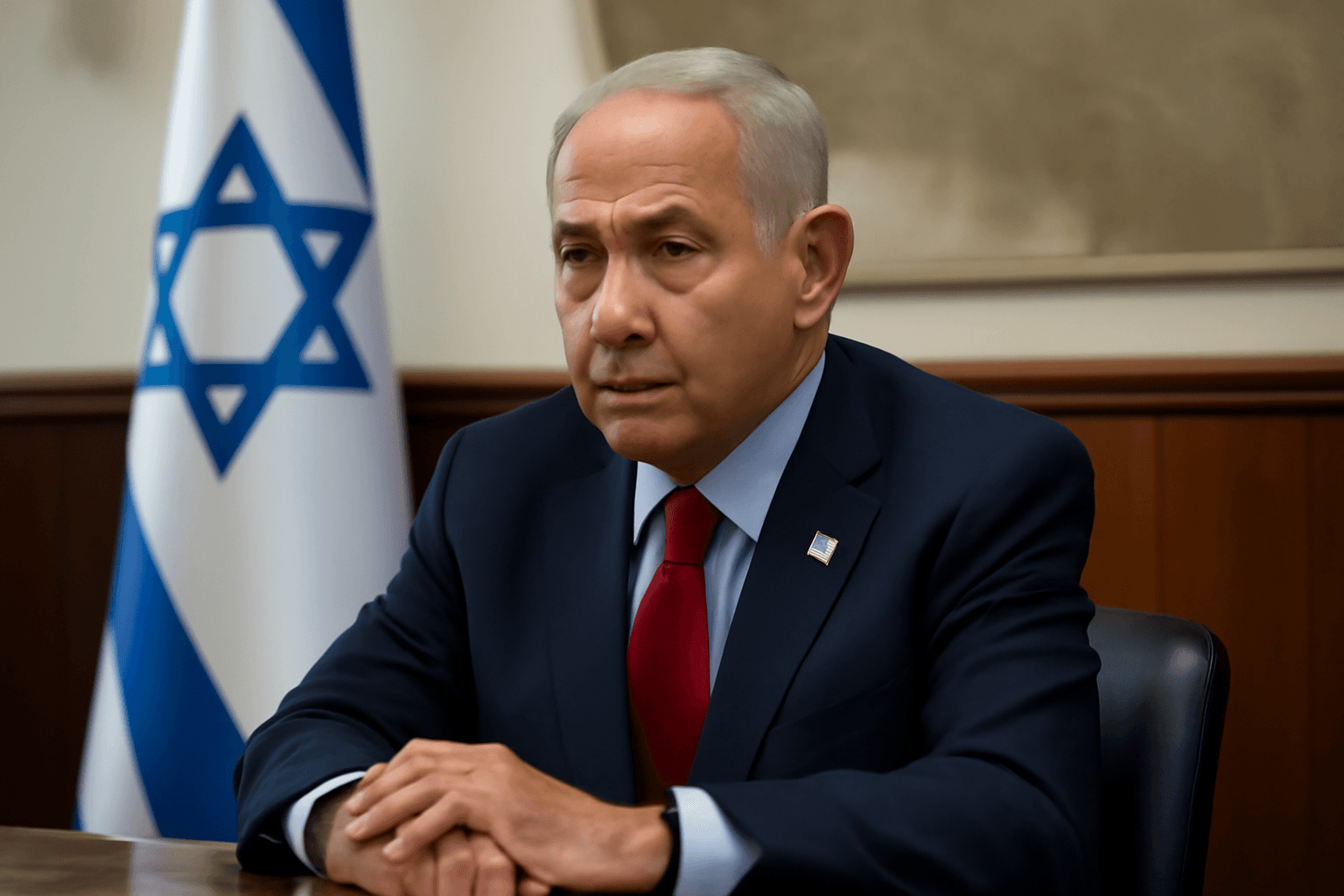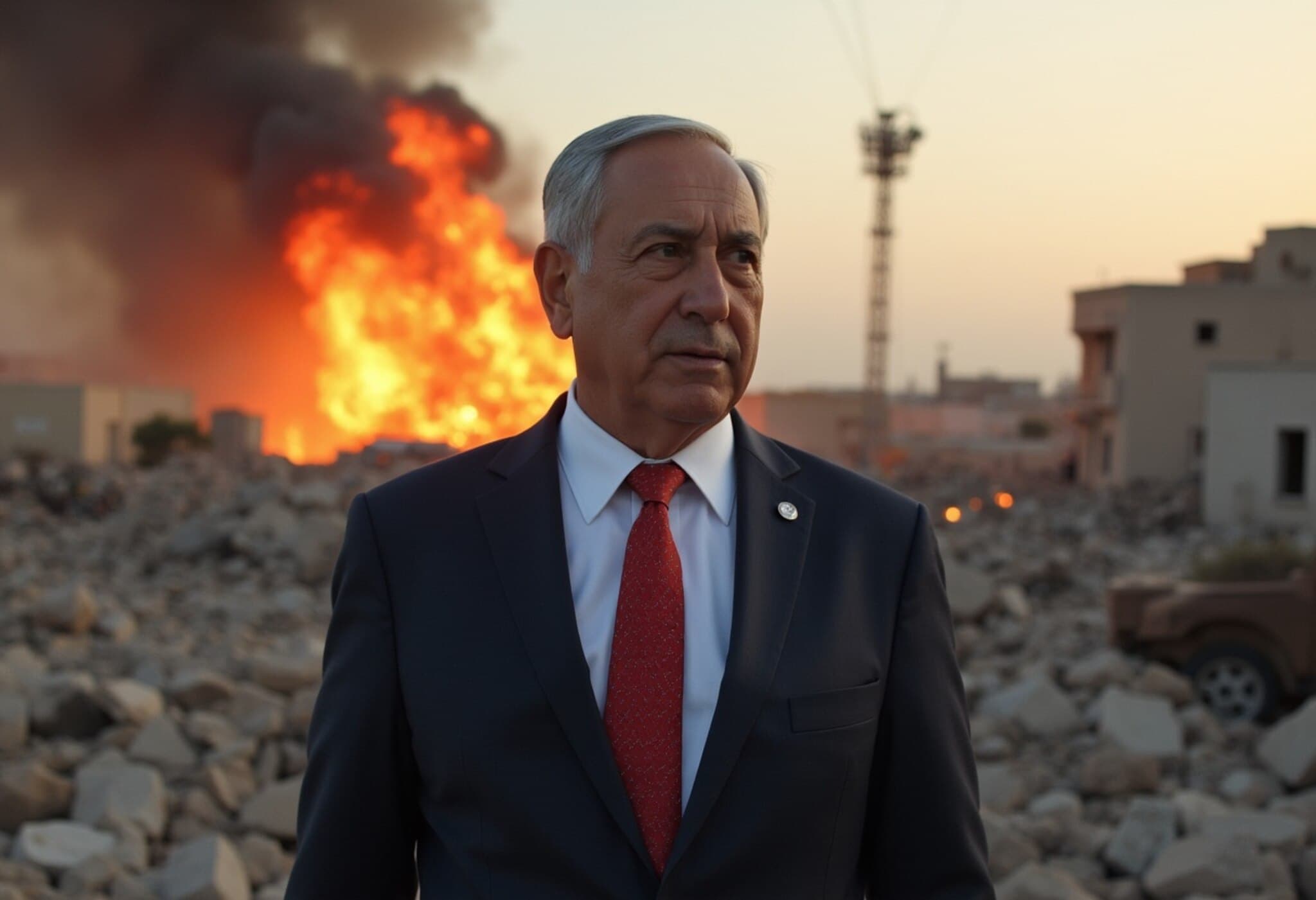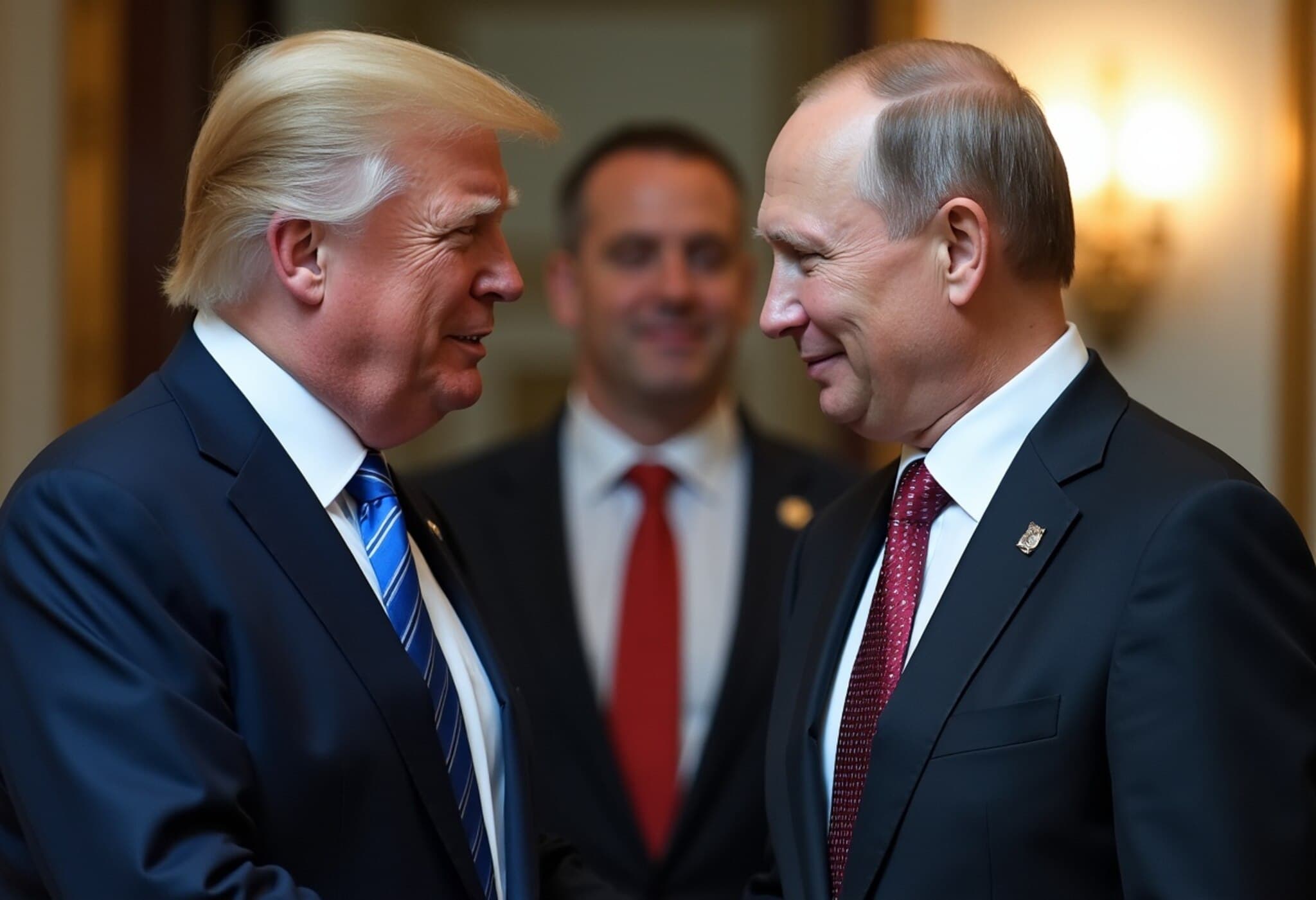Massive Protests Erupt in Israel Amid Plans to Expand Gaza Conflict
On Saturday night, Tel Aviv witnessed an extraordinary surge of public dissent as thousands of Israelis flooded the streets in a powerful demonstration against Prime Minister Benjamin Netanyahu’s recent declaration to intensify military operations by seizing Gaza City. This bold move, announced by the Prime Minister’s Office on Friday, marks a significant escalation in a conflict that has already wrought devastating consequences across the region.
Security Cabinet’s Decision Sparks Nationwide Outcry
The Israeli government's Security Cabinet's decision to attempt control of Gaza City signals a deepening of military engagement, despite widespread apprehension across Israeli society and cautionary advice from military officials. Critics warn that broadening the war could jeopardize the lives of about 50 Israeli hostages reportedly held by Hamas, intensifying the humanitarian crisis gripping the area.
Saturday’s protest drew an estimated crowd exceeding 100,000 demonstrators, illustrating growing public anxiety and resistance. Families of hostages and concerned citizens called not only for a cessation of hostilities but for concrete steps toward securing the safe release of those held captive.
Voices of Desperation: Families Plead for Peace
Among the protesters, the emotional appeal of Lishay Miran Lavi, whose husband Omri Miran remains a hostage, underscored the human cost behind the conflict. Speaking to global leaders, including the U.S. President, she implored for urgent intervention: “This isn’t just a military decision. It could be a death sentence for the people we love most.” Such pleas highlight the heart-wrenching personal stakes that often get overshadowed in geopolitical calculations.
Public Opinion and International Reactions
Recent polls indicate that a significant majority of Israeli citizens favor an immediate end to the conflict and prioritize the safe recovery of remaining hostages, estimated to be around 50, though officials confirm only about 20 are known to be alive. This public sentiment clashes with the government’s apparent readiness to authorize the full cabinet’s approval for the operation in Gaza City, anticipated as soon as Sunday.
Beyond Israel’s borders, the decision to escalate the conflict has elicited sharp criticism, not only from Israeli civil society but also from key European allies who urge a more measured approach to avoid further regional destabilization and humanitarian fallout.
Contextualizing the Crisis: A Prolonged Conflict with Heavy Toll
The protests in Tel Aviv are part of a broader pattern of civil unrest demanding peace following the October 7, 2023, Hamas-led attack that resulted in the deaths of approximately 1,200 Israelis and the capture of 251 hostages. Israel’s military response has been severe, with Gaza’s health authorities reporting over 61,000 Palestinian fatalities to date. This staggering death toll raises urgent questions about proportionality, civilian safety, and the prospects for a lasting resolution.
Expert Insight: Navigating a Complex Humanitarian and Security Dilemma
From an expert standpoint, Netanyahu’s proposed escalation underscores the complex equilibrium between national security imperatives and the dire human consequences of war. Analysts caution that expanding military operations risks exacerbating civilian casualties and undermining diplomatic avenues for hostage negotiations. The delicate balance between retaliatory defense and humanitarian responsibility remains a pivotal challenge for Israeli policymakers.
What Lies Ahead?
The coming days will be critical as the Israeli cabinet convenes to weigh the profound implications of further military action in Gaza. Meanwhile, domestic opposition and international calls for restraint reflect an urgent plea for diplomacy amidst escalating conflict.

